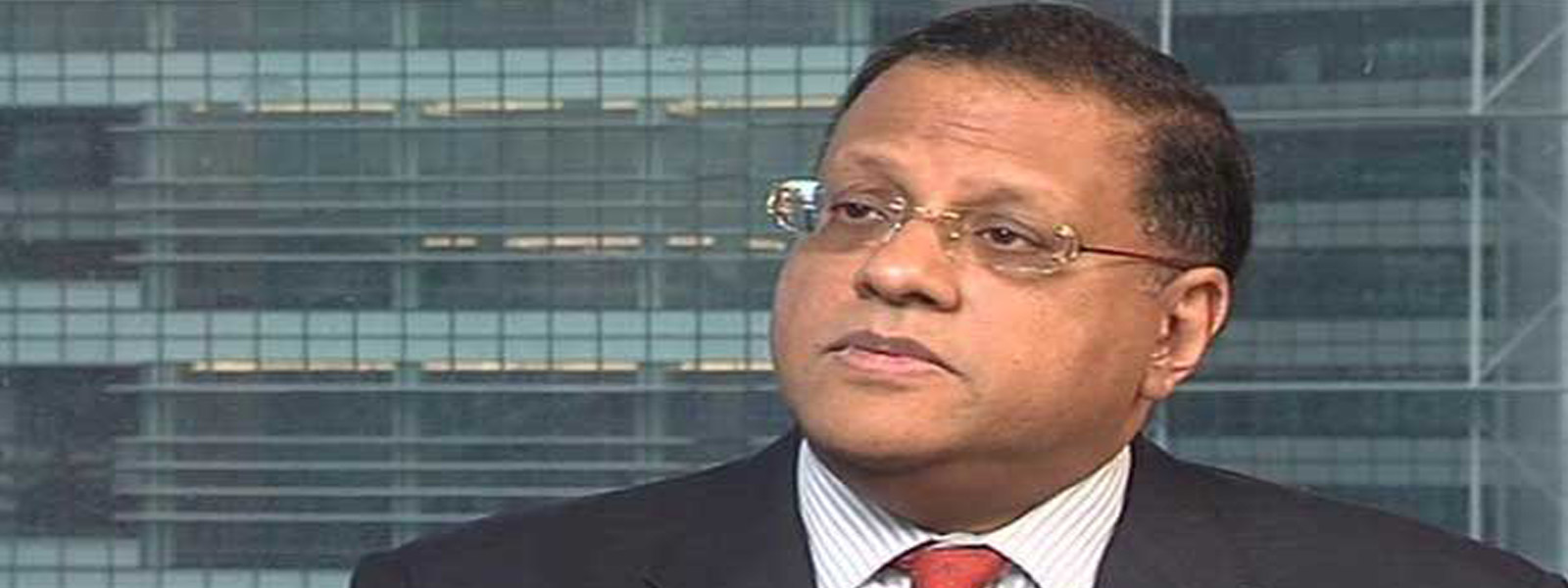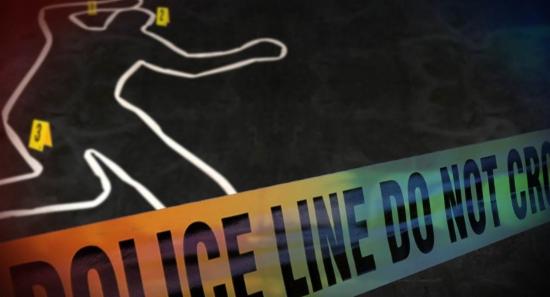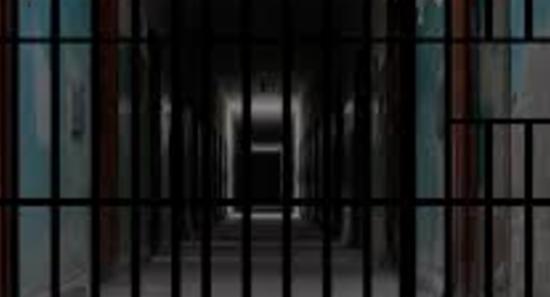.webp)

SRI LANKA REMEMBERS DARKEST DAY
27th of February 2015 will go down in contemporary history as being one of Sri Lanka’s darkest days. It was the day that a Presidential Commission of Inquiry said that Arjuna Mahendran as Governor of the Central Bank had acted mala fide and had passed on sensitive information to Perpetual Treasuries.
Mahendran had made significant departures from standards expected of him as the head of the Central Bank. He had been hand-picked for the job by Ranil Wickremesinghe who privately held Mahendran in high esteem – someone who was a ‘top notch’ economics man and there was ‘none amongst us who is a patch on Arjuna’. So much for the Wickremesinghe analysis of his long-time friend. For a Balliol man with a somewhat gilded career as an international banker, Mahendran’s sudden descent to ignominy must count as a classic case study on how not to do things.
The Presidential Commission did not quite analyse it that way. Instead as politely and diplomatically and politically correct as possible they said that they wished ‘the Prime Minister did not rely on the assurances of Arjuna Mahendran and P Samarasiri’ and that he would have been better advised to have gone for an independent opinion instead.
The plan was at its audacious best. The objective was to raise Rs 1 Billion but at the infamous breakfast meeting between Mahendran and the gang of three at the UNP – Chairman Malik Samarawickrema, Senior Deputy Leader Ravi Karunanayake, General Secretary Kabeer Hashim – they had worked out amongst themselves that there was an immediate requirement of RS 15 Billion – which with Rs 3 billion already in the bank, Hashim maintained was required to pay for stalled road development projects.
Everyone bar Messer’s Samarawickrama, Karunanayake and Hashim know that these projects were stalled because the new government – their own government – had stopped these projects while they studied matters on the premise that they had information that these projects carried with them large amounts payable as commissions and fees to members of the previous administration.
Amidst this sea of deception, there was, however, a glimmer of hope. That came in the form of the deputy Treasury Secretary Attygalla. He confirmed under oath that the Treasury had no such requirement. In simple terms, there is doubt as to the veracity of the Ministerial claim of the requirement for Rs 15 billion to pay contractors.
Be that as it may, the new government immediately failed in their duty of care towards the nation. In the event they were truly possessed of information that the previous government had been up to no good and were engulfed in a fire of corruption involving huge sums of monies by any standards, the new government should have on the day they were sworn in, immediately set in motion a Presidential Commission of Inquiry into the goings on at the Central Bank at a time when Ajith Nivard Cabraal ruled the roost,
Of course, we know that they did nothing of the sort.
Instead the Prime Minister, a trained legal man himself, merely relied on the assurances given by the former Governor Mahendran and a deputy Governor P Samarasiri, that the potential conflict of interest scenario arising out of the fact that the Governors’ son in law Aloysious was the beneficial owner ultimately of at least half of the holding company’s’ shareholding (the other half was registered to Aloysious Snr.) amounted to nothing but a ‘styling out’ of the facts.
The Prime Minister did absolutely nothing of substance to check if, indeed, the conflict of interest position had been removed. All he had to do was to ask one of his officials to run along to the Registrar of Companies and find out the details. In a Sri Lankan context, he could have summoned the Registrar to his office, files in hand.
This simple commerce-exercise was not utilised by the PM. Instead, he appointed a committee to look into the matter. He gave the terms of reference but they excluded a robust in-depth investigation of the trades conducted by Perpetual Treasuries. This information was critical to any impartial inquiry.
The Prime Minister failed. The Prime Minister failed to check on the veracity of the assurances given him by Mahendran and also by Aloysious who he admits, told him that he was concentrating on his other businesses. That was some concentration – that company has outstanding to the Excise department. And an account of that company had funds amounting to Rs 1,190 Million credited with still-to-be-explained credits. Over a period of time those credits were withdrawn, leaving a zero balance. These too need explaining.
Next up was how the Prime Minister was saved by his partner, President Sirisena. President Sirisena saved the nation from potential political crisis. He read the political scenario well. If he had not called for a general election in the process dissolving parliament, DEW Gunasekera’s COPE report would have been tabled in parliament and that would have meant curtains for RW and his UNP team.
There was also the possibility of political upheaval had the President not dissolved parliament and instead permitted the COPE report to be debated in parliament. The majority at the time was a Rajapaksa-majority in parliament although loyalties were changing as though they were all engulfed in a raging quicksand.
There was therefore a possibility that although Rajapaksa had been defeated at the presidential poll a couple of months earlier, his loyalists may have banded together as the majority in parliament thus upsetting the carefully laid out plans of the new Prime Minister and of course the new President.
In what now turns out to be an absolutely complete let down of the Presidential faith in the ability of his premier and the premier’s party, the Prime Minister let the President down, let the side down so to speak.
The Prime Minister – the bottom line is this – has tried his best to style out the fact that he did nothing of any significance. Not a jot. Instead what he did do can be best described in just one word. Nothing.
Did the PM not act because he knew what was going on at the Central Bank? Or was he desperately underinformed or worse yet, was it that the premier simply had no knowledge of the intricacies of the goings on at the Central Bank. And that therefore he relied on the assurance of Mahendran and P Samarasiri who seems to have got away with what the Central Bank once referred to privately as errors of judgement not amounting to fraud. Oh Really!
Sri Lanka’s monies have been subject to fraud and the best that officials can say is that these were errors of judgement?
It is time now for the Finance Ministry to impose a Super Gain Tax on all primary dealers who have made over RS 1 billion in any one tax year. The rate of the tax ought to be 100% over Rs 1,000,000,000. We would aver that there would be just the one company who would have to pay up. No prizes for guessing who it may well be. That’s what we call ill-gotten gains.
Other Articles
Featured News





.png )

-734264-752536_550x300.jpg)




.png)





















.gif)